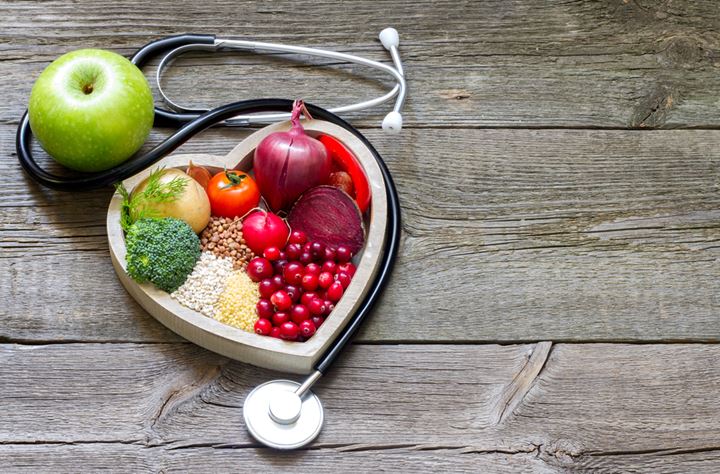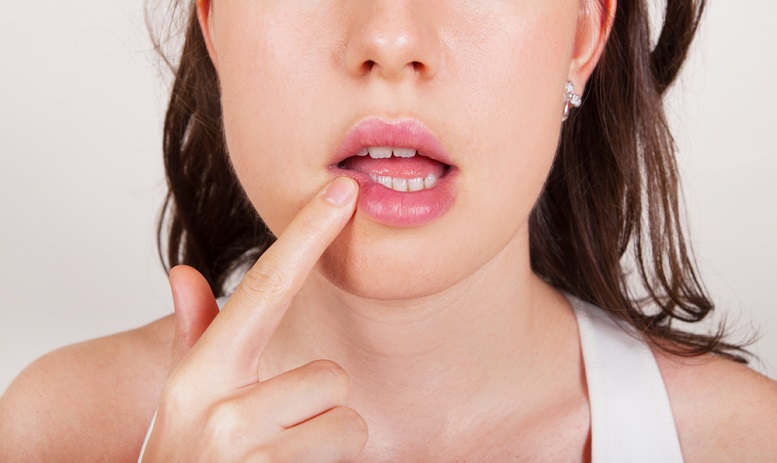Herpes is one of the most prevalent sexually transmitted infections (STIs) in North America. Many are in search of a remedy to prevent recurrent outbreaks. Currently, one cannot cure herpes.
The virus that incites the development of herpes can remain inactive within an individual’s system for a long time. When activated, it can continually present itself as itchy, painful sores or ulcers. Without medical intervention, a herpes outbreak typically persists for up to two weeks with symptoms like irritation, burning, and tingling.
The fact is that many herpes patients can go a long time without exhibiting any symptoms if they figure out the triggers that contribute to their outbreaks. So, even though there is no natural cure or treatment for herpes, there are strategies that can relieve symptoms and lessen the frequency of outbreaks.
What Else is There to Do Since You Cannot Cure Herpes?
The trick is to bolster the immune system by adopting a healthy, balanced diet, and making certain lifestyle adjustments. You should also be mindful of times of viral shedding and outbreaks. Some precautionary measures can be highly effective in lowering the frequency of outbreaks while reducing the chances of you transmitting the virus to a partner.
Treating Herpes Naturally
Not everyone with herpes goes through frequent outbreaks with severe symptoms, even upon the initial exposure to the virus. A patient’s immune system is almost solely responsible for their frequency of outbreaks, their severity, their improvement, and how contagious they are during it. Hence, supporting your immune system and keeping it in fighting shape by consuming the right foods is an effective way to keep the virus inactive in your body. Here are some foods you should incorporate into your diet to maintain a healthy immune system function and prevent outbreaks:
Foods High in L-lysine
L-lysine is an amino acid that can stop the herpes virus from multiplying. It is abundant in foods like legumes, white meats, vegetables, and fish.
Red/Orange Vegetables
Orange and red vegetables contain powerful antioxidants, such as carotenoids and vitamin C. Antioxidants are known for their ability to boost the immune system and improve skin reactions.
Omega-3 Rich Fish
Certain fatty fish are rich in omega-3 fatty acids. Omega-3 fatty acids can reduce inflammation in the body and help restore damaged tissue.
Healthy Protein Sources
Our body cannot function properly and heal speedily without an adequate intake of protein. Make sure your intake of lean protein is about 110-140 grams at every meal. Some lean and clean sources of protein are antibiotic-free poultry, wild fish, lean, grass-fed cuts of red meat.
Zinc
Zinc is an essential nutrient that plays a role in carrying out important reactions in the body that safeguards the body against diseases. Additionally, it is essential in improving skin health. Zinc can speed up the healing process of cold sores, as well as lengthening the duration of outbreak-free periods. Make sure you consume lots of legumes, nuts, leafy green vegetables, lean cuts of meat, and organ meats to take in an adequate amount of zinc on a daily basis.
Antiviral Plants
Certain plants and herbs such as calendula, garlic, astragalus, and licorice root can also improve herpes symptoms and lessen the severity of outbreaks.
Featured Image: DepositPhotos/ drkskmn



